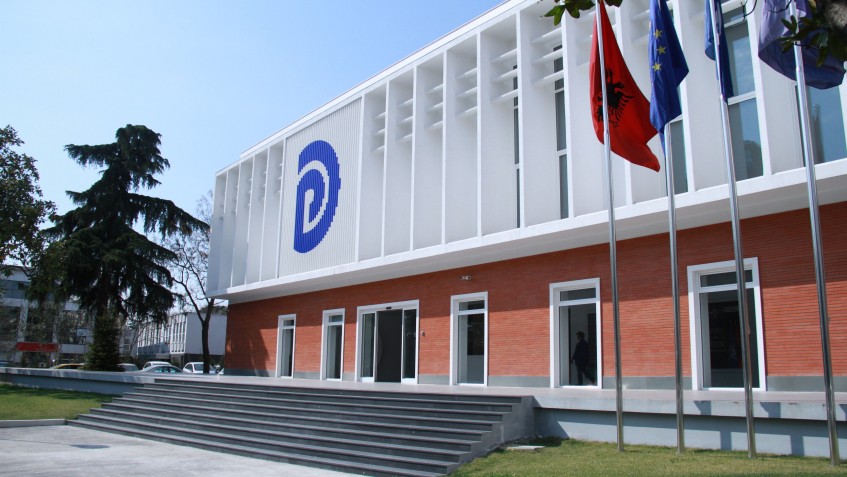Democratic Party threatens escalation in October 29 protests

Belind Këlliçi, the Democratic Party’s (DP) political director for Tirana, declared in a News24 interview that the opposition will intensify its actions during the October 29th protest. This statement follows a turbulent October 7th demonstration that failed to draw significant crowds and descended into violence. Këlliçi emphasized, “Our response will be stronger to mirror the severity of the government’s actions against the people.”
Why is this important: The DP finds itself at a crucial crossroads, struggling to redefine its strategy amid waning public support and a series of political setbacks. The party’s continued focus on disruptive and violent tactics has yet to resonate with a broader audience, leading to a cycle of diminishing returns. The recent arrest of former President Ilir Meta has injected a fresh wave of urgency and anxiety into the party’s leadership, amplifying concerns that their confrontational approach is making little impact on justice institutions, especially the Special Structure Against Corruption and Organized Crime (SPAK).
Broader political context: SPAK’s recent activities, including the indictments of high-profile politicians from both the government and the opposition, signal an intensified effort to tackle corruption in the run up to the 2025 elections. This environment makes the DP’s strategy of escalating protest actions appear particularly risky. “The justice system is being weaponized against the opposition, yet it fails to deter our resolve,” Këlliçi argued during the interview.
However, the DP’s inconsistent stance toward SPAK’s actions—applauding its moves against Socialist representatives while criticizing investigations into their members—has led to accusations of double standards and hypocrisy. Add to this the vicious attacks against SPAK by Berisha and other DP leaders, and the party finds itself dangerously at odds with the overwhelming public sentiment favoring anti-corruption efforts and with Albania’s international partners, the US and EU, who were instrumental in establishing SPAK and the justice reforms. The US has also placed Sali Berisha and his family on its non grata list for corruption, complicating the DP’s relationship with crucial international allies even more. This categorization – the UK has also blacklisted Berisha for links to organized crime – weaken DP’s arguments of political persecution by the justice system still further.
The low turnout and violent incidents during the October 7th protest, such as the Molotov attacks on the Socialist Party headquarters, highlight the deepening crisis within DP. Although Këlliçi stated that in his opinion the October 7 protest was not harsh enough, these actions have not only alienated potential supporters but have also underscored the party’s desperation in the face of declining influence and popularity.
Looking forward: As Albania heads towards the 2025 elections, Këlliçi reiterated the DP’s commitment to ensuring free and fair electoral processes. “We are not seeking power through backdoor dealings but through a legitimate and democratic process respected by the Albanian people,” he stated, signaling a potential recalibration of the party’s strategy. The effectiveness of SPAK’s ongoing investigations and the public’s reaction to political developments will be critical in shaping Albania’s democratic landscape. The DP’s handling of internal and external pressures in the run-up to the elections will undoubtedly influence its political fortunes and potentially redefine its role in Albanian politics.


